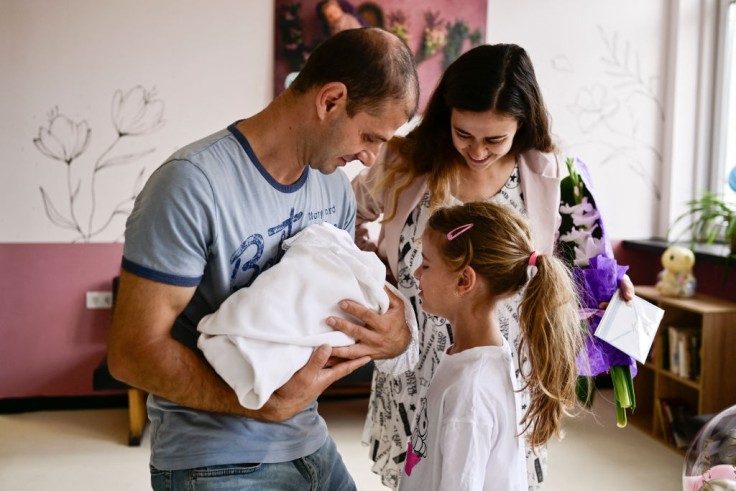
Navigating the journey from being an "Only Child" to embracing the role of an "Older Sibling" can be both an exciting and challenging time for your firstborn.
As parents, it's our responsibility to guide and support our children during this transformative period. Let's delve into how best we can prepare our kids for the arrival of their new sibling, ensuring the transition is smooth for everyone involved.
Preparing Your Kid for a New Sibling
1. The Transition from Only Child to Older Sibling
An "Only Child" typically relishes the undivided attention of their parents. Their lives are marked by individual play, sole decision-making in child-appropriate choices, and a unique closeness to their caregivers. However, the transition to becoming an "Older Sibling" can introduce feelings of insecurity, jealousy, or even resentment.
Kids may wonder if they'll still be loved as much, or if they're being "replaced." It's crucial to recognize and validate these feelings. As parents, ensuring you understand this emotional landscape is the first step to "Preparing Your Kid" for what lies ahead.
2. Building the Bridge to Acceptance
Children are resilient, but they also thrive on routine and predictability. The introduction of a "New Sibling" can disrupt this. Here's how you can build a bridge to acceptance:
- Start Early:
Talk to your child about the new arrival well in advance. This allows them to ask questions, express feelings, and gradually warm up to the idea.
- Emphasize the Role of Older Sibling
Being the elder sibling is special! They'll have the opportunity to teach, protect, and bond with the newcomer. This perspective can help them feel valued and integral in the new family dynamic.
- Involve Them:
Whether it's picking out baby clothes, setting up the nursery, or choosing a name, involving your child in preparations can make them feel connected and excited about the "New Sibling."
3. Navigating Post-Arrival Dynamics
Once the baby arrives, your eldest might feel a whirlwind of emotions.
- Dedicate One-on-One Time:
Your firstborn might miss the times when it was just them and their parents. Ensure you dedicate special time for just them, reassuring them that they're still cherished.
- Foster a Connection:
Encourage your older child to bond with the baby. This could be through reading to the baby, assisting with diaper changes, or just simple cuddling. Such interactions can foster a connection between siblings.
- Address Negative Emotions:
If your older child displays resentment, hostility, or becomes overly clingy, it's essential to address these feelings. Communicate, reassure, and, if needed, seek professional guidance to navigate complex emotions.
4. Celebrating the Expanded Family
Remember, while there might be initial challenges, children often grow to cherish the bond they have with their siblings.
- Family Activities:
Engage in activities that involve every family member, emphasizing the joy of being together.
- Capture Memories:
Celebrate the journey from being an "Only Child" to "Older Sibling" by capturing memories. Whether it's through photographs, diary entries, or artwork, it'll be a treasured chronicle of growth and bonding.
Introducing the Role of an Older Sibling
When transitioning from an "Only Child" status to becoming an "Older Sibling," timing and communication are essential.
Many experts, including Dr. Mandi Silverman, advocate for breaking the news about the upcoming family addition as soon as the pregnancy becomes visible. However, if challenges such as morning sickness arise or if younger toddlers are present, revealing this sooner can be beneficial.
For families adopting or turning to surrogacy, the addition of a "New Sibling" may not have obvious physical signs, but Dr. Silverman emphasizes the importance of early and honest dialogue.
Initiating this conversation gives children the opportunity to ask questions, adapt, and enjoy special moments with their parents before the family dynamic shifts.
Communicating the imminent changes should be done in a manner tailored to the child's age and understanding. Dr. Silverman encourages emphasizing the positives, such as the broader love the new sibling will bring and the novel experiences they'll jointly navigate.
As parents, guiding your only child to view their role as an older sibling positively, full of shared milestones and festivities, can ease the transition and cement a foundation of affection and unity in the family.
Preparing your kid for the arrival of a new sibling is an ongoing process. It requires patience, understanding, and lots of love. But with the right approach, the transition from an only child to an older sibling can be a beautiful journey, filled with growth, understanding, and lifelong bonds.